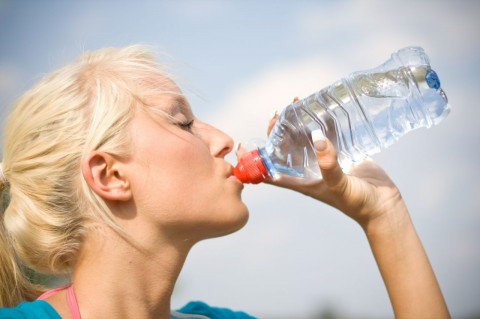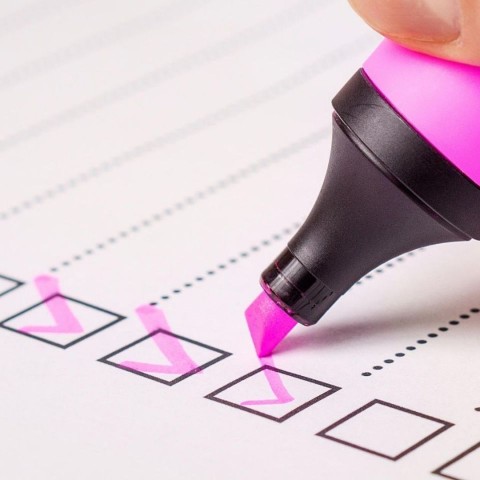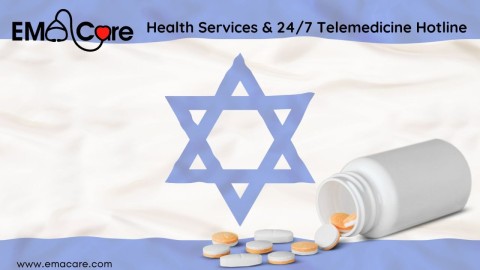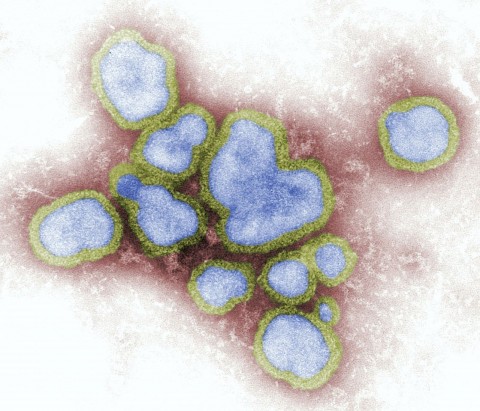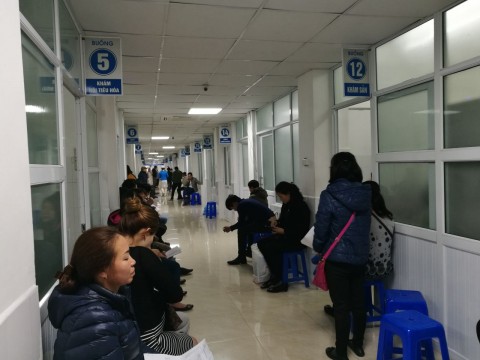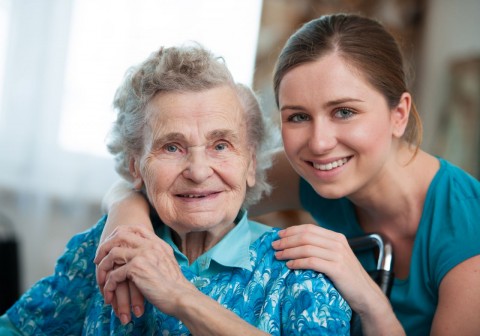Dehydration during the summer
With summer here, one of the most important things to do is hydrate. Dehydration can quickly set in otherwise healthy people when the weather gets dry or hot – but heat waves in Israel magnify the problem with both heat and dry winds.
Hot weather usually makes people feel HOT, but it can also lead to serious and alarming health problems. Experts say that when nighttime temperatures do not drop much lower than daytime temperatures, there is added stress on the body.
The most common problem linked to hot weather is heat stress. Heat stress occurs when the body’s temperature is no longer low enough to cool the body. It’s important to recognize the signs of heat stress. Symptoms can include:
- heat rash
- heat cramps
- dizziness
- fainting.
When this happens - stop all activity and move the person indoors too, hopefully, an air-conditioned environment—hydrate for several hours.
Heat exhaustion
Heat Exhaustion is a serious condition that can develop into heatstroke. Warning signs may include:
- paleness
- sweating
- rapid heartbeat
- muscle cramps
- headache
- nausea
- vomiting
- dizziness
- fainting
Get the person to a cool area and lay them down. Remove outer layers of clothing and rub down with cool, damp cloths. Increase fluids slowly and rest for several hours at a minimum. Oftentimes this person will require medical attention.
Heatstroke is a medical emergency and requires urgent medical attention!!
The heatstroke symptoms may be the same as heat exhaustion, but the skin may be dry with no sweating, and the person’s mental or neurological condition worsens. Most people will have noticeable changes such as confusion, clumsy walk, slurring words, and collapse. Heatstroke can cause irreparable damage to the body and even death—call 101, or the emergency number in your area, immediately for an ambulance.
It’s important to follow some simple rules to stay healthy during these high temperatures:
1. Drink lots and lots of cool water. You should have water with you at all times. People should plan to drink at least 3 liters of water daily (about 12 measuring cups) if spending time outdoors.
2. It is important to drink liquids with electrolytes, such as juice or even sodas.
3. Wear light-colored, loose clothing that covers your legs and arms. Sometimes, our instinct is to wear clothes that cover less skin when hot, but this is counterintuitive. Clothing can be great protection against dehydration and heatstroke. It is also important to wear long layers and put on many sunscreens to prevent skin disease and skin damage.
4. WEAR A HAT with a brim!
5. Avoid hard outdoor physical work, especially during daylight hours.
6. People at risk for heat stress should stay indoors. This includes; small children, babies, people who are obese, older people, people with heart disease and high blood pressure, and people with asthma.
7. Do not drink alcohol and minimize caffeine! Alcohol and caffeine are dehydrating. Any such drinks should be compensated with additional 2 glasses of water.
8. When indoors, close windows, curtains, and or shades. If the weather is cooler at night, you can air out the indoor spaces at night.
The most common problem linked to hot weather is heat stress. Heat stress occurs when the body’s temperature is no longer low enough to cool the body. It’s important to recognize the signs of heat stress. Symptoms can include:
- heat rash
- heat cramps
- dizziness
- fainting.
When this happens - stop all activity and move the person indoors too, hopefully, an air-conditioned environment—hydrate for several hours.
Heat exhaustion is a serious condition that can develop into heatstroke. Warning signs may include:
- paleness
- sweating
- rapid heartbeat
- muscle cramps
- headache
- nausea
- vomiting
- dizziness
- fainting
Get the person to a cool area and lay them down. Remove outer layers of clothing and rub down with cool, damp cloths. Increase fluids slowly and rest for several hours at a minimum. Oftentimes this person will require medical attention.
Heatstroke is a medical emergency and requires urgent medical attention!!
The heatstroke symptoms may be the same as heat exhaustion, but the skin may be dry with no sweating, and the person’s mental or neurological condition worsens. Most people will have noticeable changes such as confusion, clumsy walk, slurring words, and collapse. Heatstroke can cause irreparable damage to the body and even death—call 101, or the emergency number in your area, immediately for an ambulance.
We at EMA Care hope you stay cool and comfortable during this heatwave. Drink lots of water, cover-up, and stay safe!
When you subscribe to the blog, we will send you an e-mail when there are new updates on the site so you wouldn't miss them.

